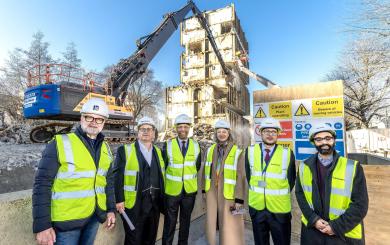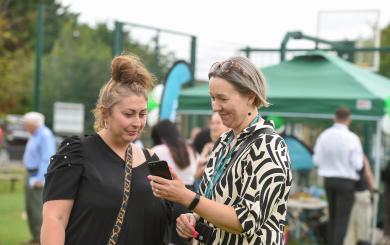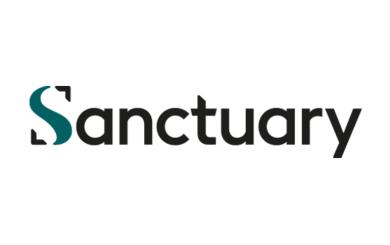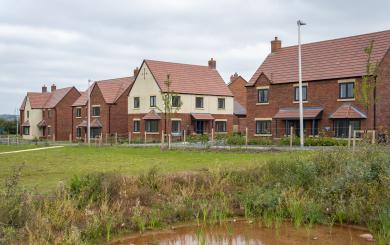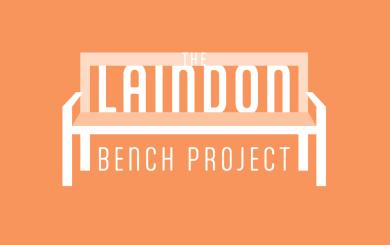View by topic
Sanctuary welcomed the Mayor of Tower Hamlets and representatives of the Greater London Authority to Blackwall Reach to celebrate an…
Stockport was buzzing with celebrations as Sanctuary resident Mary Gay, affectionately known as Tessa, celebrated her 105th birthday.
Scammers are always finding new ways to trick people, so it’s important to stay alert and know how to protect yourself.
We are helping endangered birds by adding special nest boxes to homes in Eastfield and Barrowcliff, Yorkshire.
Sanctuary has today launched its £2.5 billion Euro Medium Term Note (EMTN) Programme.
We’re excited to share that our team in Chester have completed their first successful solar panel installation.
Housing provider Sanctuary is supporting a community art project as part of its work to deliver a major town centre regeneration in Laindon.
